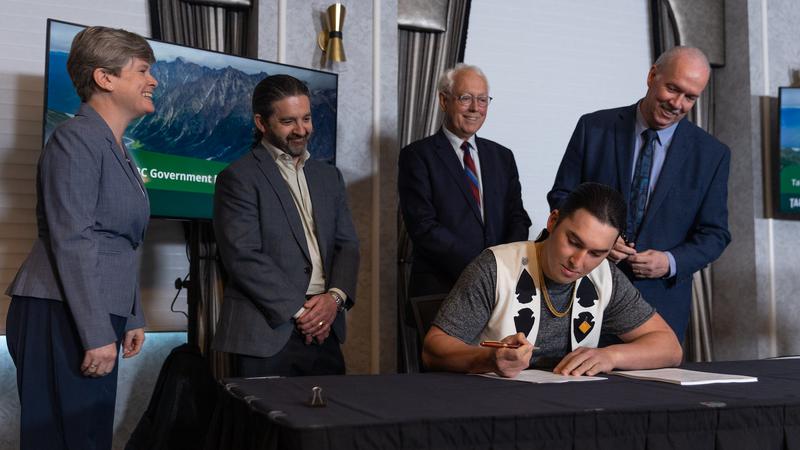
SOUND OFF: Reconciliation in action
JUNE IS NATIONAL INDIGENOUS HISTORY MONTH – a time to honour the history, heritage and diversity of Indigenous peoples in Canada. It’s also a time for all British Columbians and Canadians to learn and show support for the ongoing work of reconciliation.
The reality is that for far too long, governments have promised reconciliation but failed to act. That’s why we created the first Declaration Act action plan to implement the United Nations Declaration on the Rights of Indigenous People in B.C. The action plan reflects priorities identified by Indigenous peoples through decades of advocacy and leadership. The plan includes 89 tangible and measurable actions that address systemic issues in areas such as social, economic and health outcomes, over representation in the justice and child welfare systems, lower rates of education, and higher rates of homelessness. Our goal is implementing the human rights of Indigenous Peoples into the very foundations of our province, through every ministry and in every aspect of society — from schools to the legal system, to children and families, to land stewardship and everything in between.
One of the core goals of the Action Plan is for Indigenous peoples to be able to exercise and have full enjoyment of their inherent rights, including the rights of First Nations to own, use, develop and control the land and resources in their territories. Alongside other outcomes, this would lead to First Nations benefiting socially, culturally and economically from the land and resources in their territories.
Earlier this month, B.C. and the Tahltan Central Government made history by entering the first ever consent-based decision-making agreement under the Declaration Act. This agreement related to the environmental assessment of the Eskay Creek Revitalization Project honours Tahltan’s jurisdiction in land-management decisions in Tahltan Territory, recognizing Tahltan’s title and inherent rights within its territory. This is truly a landmark moment as it shifts B.C.’s legal decision-making framework to respect First Nations jurisdiction.


